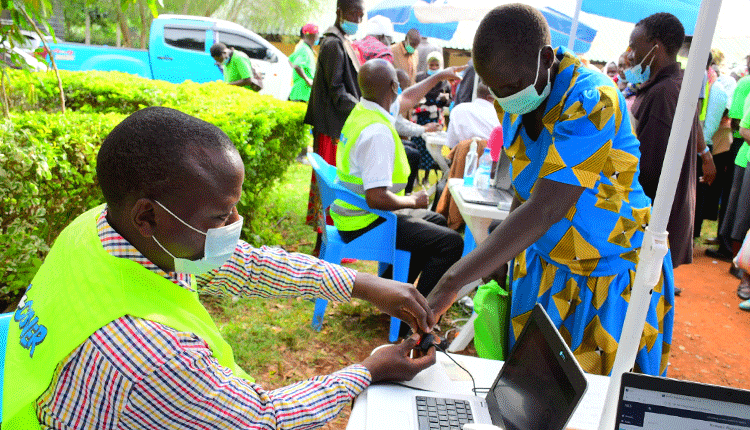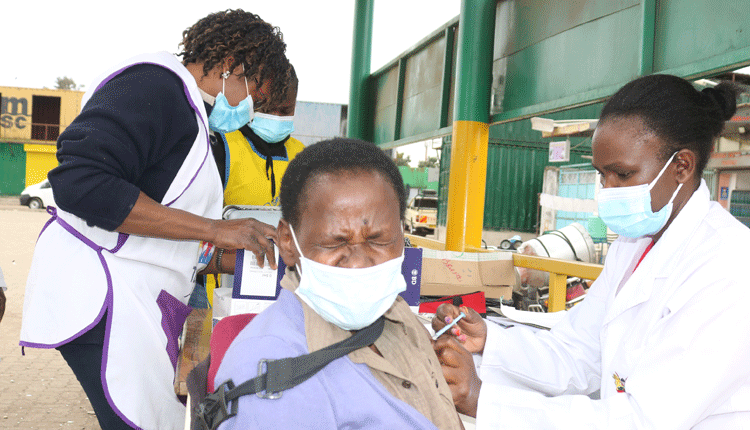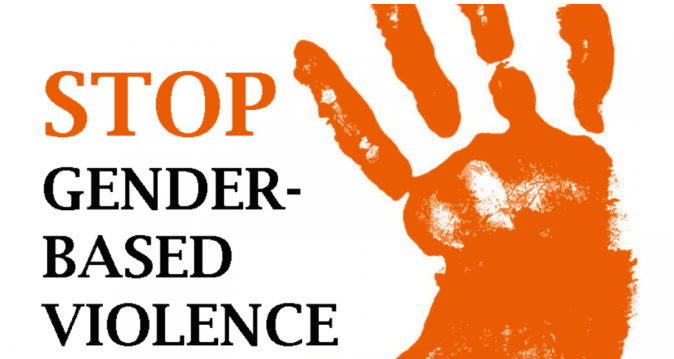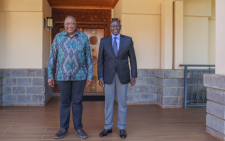Women’s chances in Fourth Industrial Revolution

FLORA MUTAHI
The onset of new technological inventions is always underpinned by ambivalence at best, and at worst, fear and alarm.
This is apparent in the ongoing global discourse on the Fourth Industrial Revolution, which is constantly punctuated by apprehension of job losses across industries leading to a further widening of the poverty gap.
Much as these are valid concerns, I would like to propose, that we view the conversations around the coming convergence and digital transformations, as a site to redefine work as accelerated by Covid-19 pandemic, especially within the context of industry.
Herein lies massive opportunities for the workforce and a chance to position ourselves ahead of the curve, as a country, in readiness for the disruption.
The extent to which the revolution will recalibrate our imagination of work, will require a major transformation in all things related to management, production, and governance in the work place.
A survey by LinkedIn indicated that a good number of the most promising future jobs will rely heavily on STEM skills.
Yet the current scenario depicts that, overall, STEM graduates are still few and far between, and furthermore, women continue to be greatly disadvantaged in this field.
But what if in our redefinition of work, we deliberately embark on diversity and inclusivity – and not just for the sake of representation – but towards the realisation and achievement of our economic sustainability, come the envisaged disruption?
Increased unemployment in the country is not simply driven by a lack of demand, but is exacerbated by a lack of competent skills that enable us to adopt to the transformations that are fast changing our work places.
The Global Competitiveness Index Report, 2019 ranks Kenya position 95 out of 141 countries surveyed on global competitiveness.
It further states that Kenya is at position 97 on skills, with quality of vocational training standing at position 58 and skillset of graduates at position 66.
With the women in Kenya, representing half the population at 50.1 per cent, we have an unprecedented opportunity to overturn gender divide and situate ourselves to well harness the emergence of new world trends.
According to the World Economic Forum (WEF), these drivers of change in the industrial revolution will impact some of the industries with the ‘largest traditional gender gap’ such as manufacturing and production.
WEF states that, Women, due to their under-representation in this sector will only lose 0.37 per cent jobs, but on the other hand, stand to gain approximately over 100,000 jobs in architecture, engineering, computer and mathematical functions – which in my opinion is a very modest estimate.
At this point it becomes critical to develop policies that will for instance, look at ways in which STEM education in the country can be more diverse and less traditional.
Policy makers need to map out why, even when studies insist that technology is being regularly introduced to the women and youth demographics, there still remains a huge disconnect when it comes to sharpening their employability.
Could it be that perhaps what we are teaching is fast being out paced by rising technological innovations?
Perhaps we also need to revisit the current strategies being employed to ensure that Women’s businesses are competitive enough to be integrated into regional and global value chains.
Making businesses competitive means that aspects of technological innovation and digital transformation are evident in the day-to-day business operations and enhance quality delivery for a global market.
Hence, ensuring that more women are well versed in STEM subjects, guarantees the above as well as, cements our position as a regional leader for investments for our own economic sustainability.
In my opinion, the Fourth Industrial Revolution is a great opportunity for Kenya to re-position itself, by reinventing the workplace and harnessing the potential of women, as well as centring inclusivity as part of this innovation. — The writer is the chairlady of the Kenya Association of Manufacturers Women in Manufacturing (WIM) Programme — [email protected]















